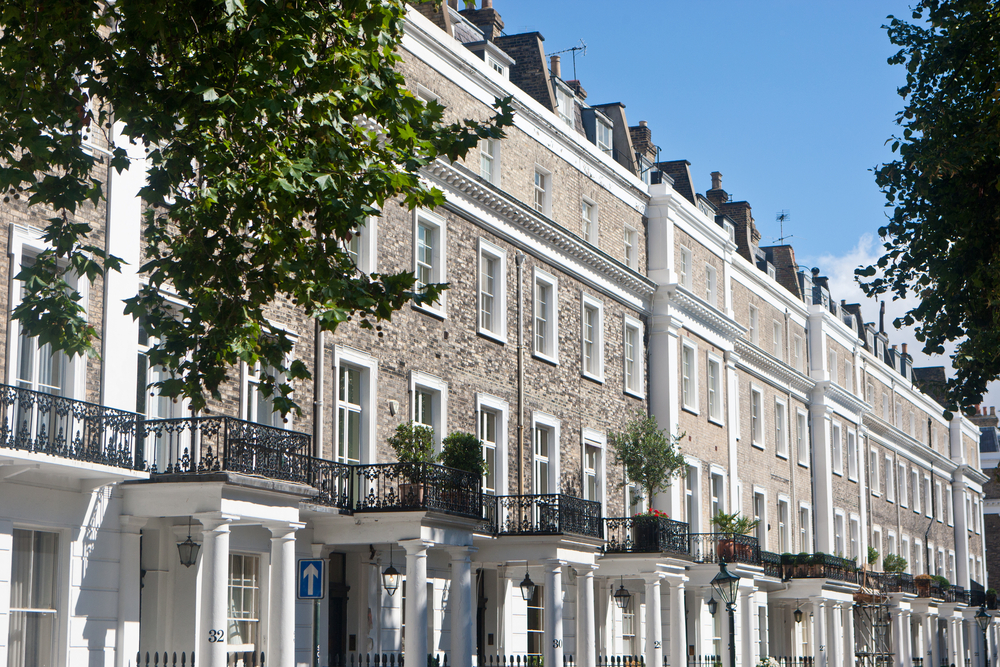

The survey points out that December’s rise is 1.4% below the revised rate of 9.2% in November, which in turn is below the 12.9% lift in August, “showing that annual rates of house price growth in England and Wales have been slowing since the summer months of 2022”.
The monthly growth rate in the average house price for England and Wales in December was 0.5%, matching November.
Higher interest rates and inflation are the cause of the decline, says the survey, which has led to a fall in mortgage approvals.
It points to Bank of England data that show mortgage approvals in November falling to 46,075, down from 57,875 in October.
Acadata senior analysts John Tindale and Peter Williams say: “Depending upon what happens in the macro-economy — and not least with regard to interest rates and inflation – a housing market downturn might be short-lived, and with limited negative impacts, in terms of prices, mortgage arrears and possessions.
“However, if any recession gathers more momentum with sharply rising unemployment alongside continued interest rate rises, then market pressures will intensify.”
Across England and Wales, the East and West Midlands remain the top two regions for growth, as was also the case last month, with annual rates, at 14.1% and 13.7% respectively.
By contrast, Greater London has the lowest annual growth rate of just 1.5%, although 21 of the 33 London boroughs saw prices rise on an annual basis.
E.surv director Richard Sexton adds: “Our data this month shows a slowing rate of growth, which will surprise no one but nevertheless is positive.
“There are a couple of reasons why our findings are noteworthy. One is that we use all completion data for the period, from the Office for National Statistics, which includes cash sales and is the final price paid – as opposed to a price agreed earlier in the process such as at the mortgage approval stage and therefore which might fluctuate subsequently.
“But the other point to be made is that the relative attractiveness of property remains in comparison to other asset groups over the longer term.
“From the start of the pandemic in March 2020 to the end of November 2022, the average price paid for a home has increased by some £66,100, or around 21.1%.
“Housing as an asset group is still outperforming most other investments – particularly when you see that growth figure over the period is greater than that in consumer price inflation (including consumer prices index accounting for owner occupiers’ housing costs) of 14.9% over the same period.
“It is very likely that whatever the economic weather the lack of supply will continue to underpin the relative strength of UK housing.”